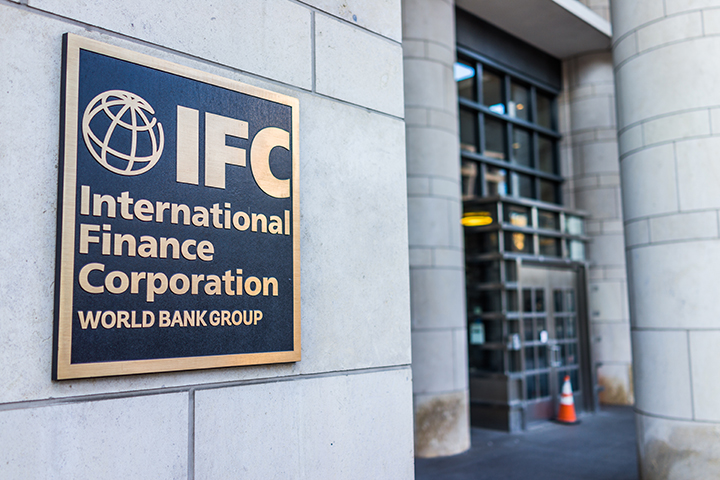The International Finance Corporation (IFC) has issued a $10 million bond to Zambia to support the country’s domestic capital markets.
According to IFC, the bond was in the Zambian Kwacha, with the multilateral lender keen to ensure access to the local currency.
The bond is the second from the corporation after Zambia received the inaugural one from a non-resident issuer in 2013.
Absa Bank Zambia was the lead arranger of the issuance while the First National Bank was the co-arranger.
In addition, the bond is part of IFC’s registered Medium Term Note program in Zambia and its Pan-African Domestic Medium-Term Note Program (PADMTN).
In his remarks, IFC Vice President John Gandolfo noted that local currency financing is a key priority for the World Bank’s subsidiary and is essential to financing various sectors of the economy.
Boosting Zambia Economy
“Deep and liquid domestic capital markets are essential to expanding access to local currency finance for key sectors in the economy,” said John Gandolfo, IFC Vice President and Treasurer, Treasury & Mobilization.
“Scaling up local currency financing is a key priority for IFC and we’re delighted to be back in the Zambian market.”
On his part, Jason Quinn- the Chief Financial Officer of Absa Group highlighted the role of the private sector in helping the country’s capital markets and driving economic growth.
The CFO also lauded IFC’s credibility adding that it was key to the bond’s success which was oversubscribed.
“Absa takes pride in its commitment to continue to play a role in promoting and developing access to capital markets for our clients in Zambia and across the African continent,” the Absa Chief started.
According to IFC, the bond to Zambia was part of the 59 bonds in local currencies so far to emerging market countries including Jamaica and Azerbaijan.
The bond is part of the entity’s efforts to ensure sustainable private sector development. In Zambia, the IFC notes that it has focused on improving the investment climate, supporting small businesses, and proactively engaging in the development of key sectors such as infrastructure, agribusiness, and financial services.

